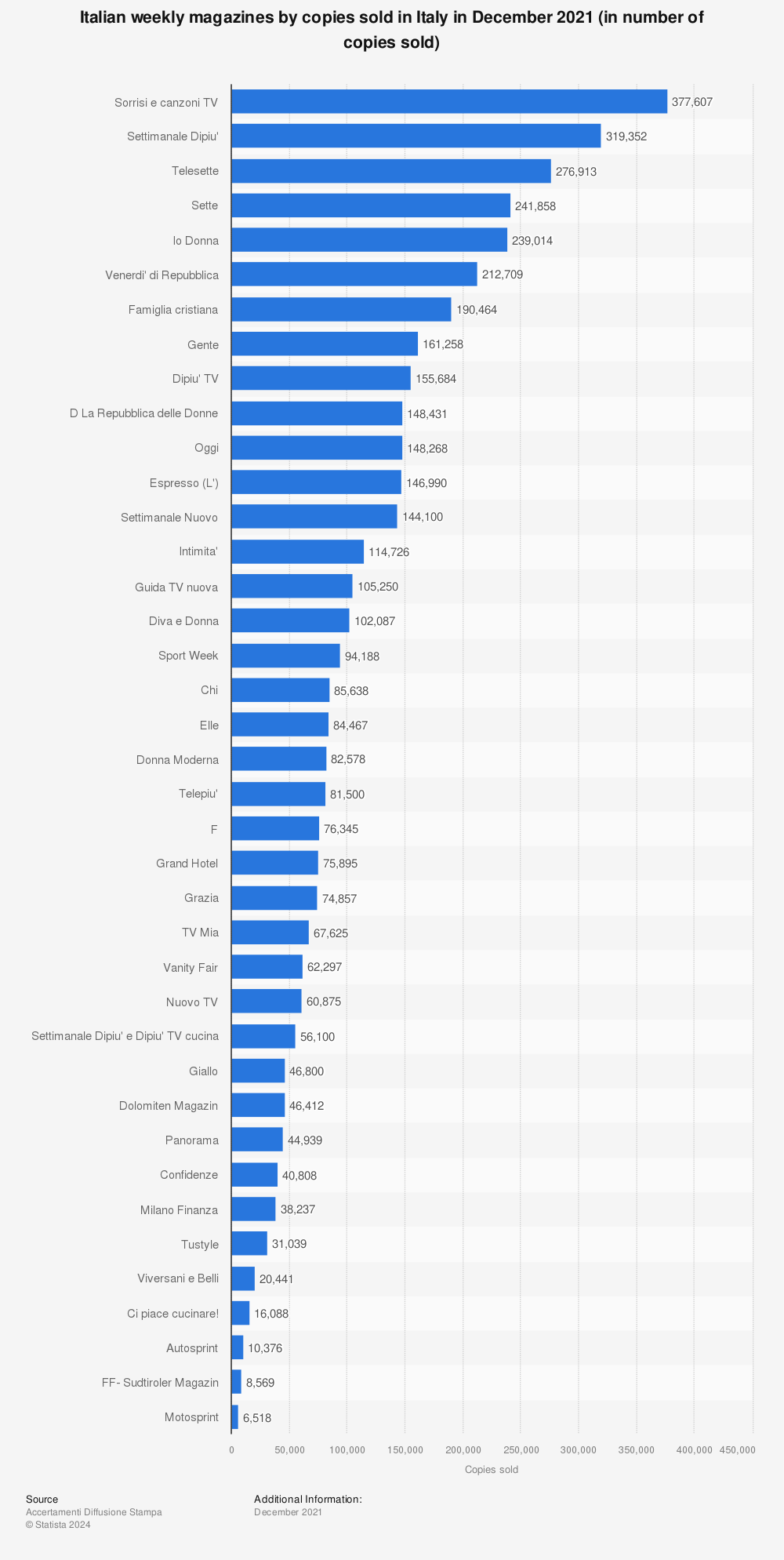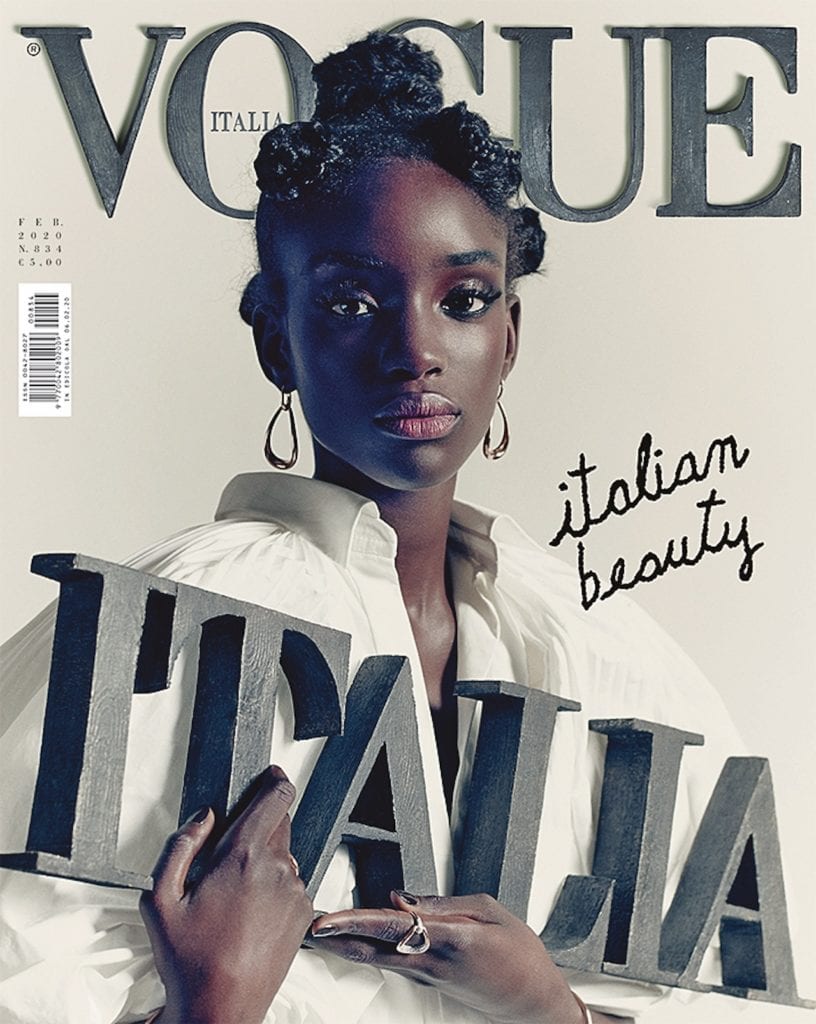

Five years later, the film emerged at the height of the neorealist movement, alongside clear and prestigious models. Today, Eduardo’s text is essential for understanding the cinema of those years, and in particular the mixing of comedy and melodrama. The source play dates from 1945 and is a foundational work of the neorealist era: during the very weeks that Eduardo was writing and staging the play, Rossellini was working on Rome Open City. Viewed at Cinema Jolly, Bologna, Il Cinema Ritrovato, 23 June 2019.Įmiliano Morreale (Il Cinema Ritrovato): "Napoli milionaria is Eduardo’s magnificent, postwar return to the cinema, as actor, director and co-producer and with significant means placed at his disposal by Dino De Laurentiis. Bn.Ī Neapolitan at Cinecittà, Eduardo De Filippo the Filmmaker. Prod.: Eduardo De Filippo, Dino De Laurentiis per Teatri della Farnesina. Int.: Eduardo De Filippo (Gennaro Jovine), Leda Gloria (Amalia), Delia Scala (Maria Rosaria), Gianni Musy Glori (Amedeo), Totò (Pasquale Miele), Carlo Ninchi (il brigadiere), Dante Maggio (il pizzaiolo), Titina De Filippo (donna Adelaide), Laura Gore (signora Spasiani), Mario Soldati (ragionier Spasiani). Scgf.: Piero Filippone, Piero Gherardi, Achille Spezzaferri.

Scen.: Eduardo De Filippo, Piero Tellini, Arduino Majuri. Sog.: dalla pièce omonima (1945) di Eduardo De Filippo.

Totò and Eduardo De Filippo.ĭirector: Eduardo De Filippo.


 0 kommentar(er)
0 kommentar(er)
